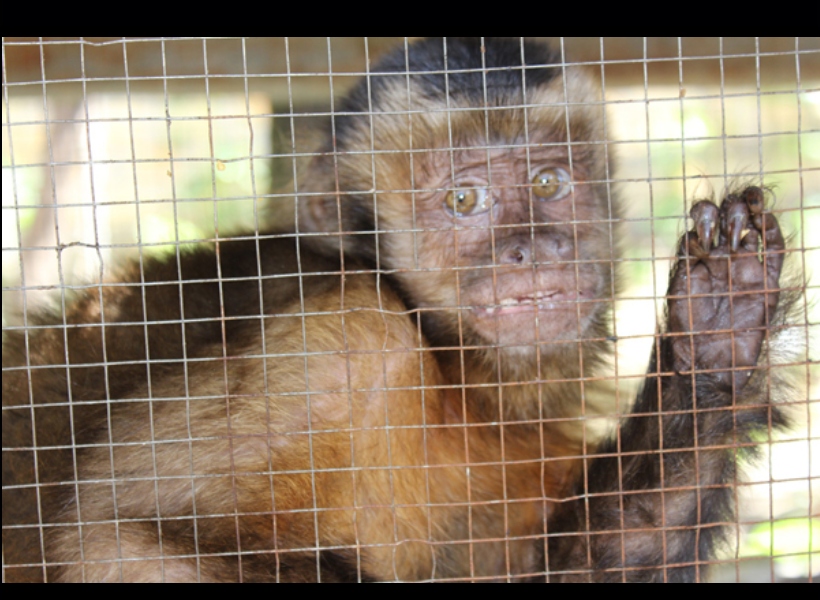More than 200 frontline enforcement officers are in the process of acquiring new skills on how to handle live animals seized from the illegal wildlife trade. The training sessions are being held across Indonesia, Congo and Guyana—countries that are a hotbed for wildlife trafficking of highly sought-after protected species including pangolins, parrots and primates.
The training forms part of an ongoing project, _Confiscated Animals – Rescue & Enforcement Trainings (CARE)_, led by the International Fund for Animal Welfare (IFAW) and funded by the U.S. Department of State’s Bureau of International Narcotics and Law Enforcement Affairs (INL).
Guyana Standard understands that attendees will include ecological guards, customs and border control officers, and police.
During the sessions, attendees will learn to use confiscation kits designed by IFAW and partners to reduce biosafety risks, safeguard animal welfare and preserve evidence integrity. The confiscation kits are designed to protect both animals and people. Each kit includes personal protective gear, animal first aid supplies and forensic evidence equipment.
Lisa Spratt, Branch Chief of Countering Wildlife Trafficking, Office of Global Programs and Policy at INL in a statement to the press said that sadly, many wild animals interdicted in efforts to counter trafficking operations die because of a lack of understanding for care and handling. Spratt said INL is helping address this problem by working through IFAW and local partners JAAN, JGI and the Government of Guyana to build the capacity of frontline law enforcement officers to properly handle wildlife seized from trafficking operations.
“Through this innovative programme, INL aims to address the growing challenge of how to handle confiscated live animals in a way that not only protects them as evidence, thereby supporting the successful prosecution of wildlife traffickers, but also provides humane care and the greatest possible opportunity for the animals’ release back into the wild or into a wildlife sanctuary,” said Spratt.
The sessions which commended mid-April will conclude in late July.













